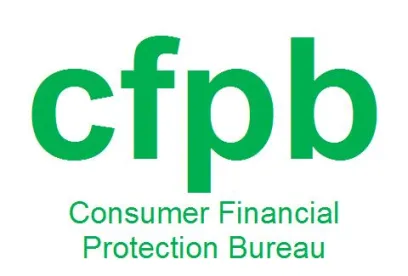On September 14, 2017, the Consumer Financial Protection Bureau (the “CFPB” or the “Bureau”) issued a no-action letter for the first time, after having finalized its no-action letter policy in February 2016. The Bureau’s letter grants a request by Upstart Network, Inc. (“Upstart”), an online lender that uses both traditional and non-traditional credit scoring data, regarding the application of the Equal Credit Opportunity Act and Regulation B to Upstart’s automated model for underwriting applicants for unsecured non-revolving credit. In its press release accompanying the letter, the Bureau explicitly referenced its ongoing interest in learning more about the benefits and risks of using alternative data in credit scoring, an issue the Bureau raised in February 2017.
Upstart submitted an application for a no-action letter, which the CFPB posted to its website per its February 2016 no-action letter policy, in light of the “expected evolution of Upstart’s automated underwriting model and potential changes in the applicant pool over time.” Upstart limited its request to a period of three years from issuance of the letter, which the Bureau granted in full. Notably, neither the Bureau’s no-action letter nor Upstart’s application as posted on the CFPB’s website includes the date of Upstart’s application. The February 2016 no-action letter policy does not provide for a time period in which the Bureau will act, or seek to act, on an application.
The no-action letter is conditioned on commitments Upstart made in its application, including that it will share significant lending and compliance information with the Bureau that will inform the Bureau’s views of alternative credit data usage. This is an indication that the Bureau is more likely to issue no-action letters where the request promotes or benefits an area of Bureau inquiry or interest. Furthermore, consistent with the Bureau’s February 2016 no-action letter policy, Upstart’s no-action letter contains significant disclaimers, including the following:
-
The letter provides only that the Bureau has no “present intention” to initiate an enforcement action against Upstart, but “does not mean that the Bureau will not . . . engage an enforcement action investigation” to evaluate Upstart’s compliance with the terms of the letter or other matters.
-
The letter does not pertain to any person other than Upstart, and by its terms does not constitute an interpretation, waiver, or safe harbor of the relevant laws and regulations.
-
The Bureau reserves the right to modify or revoke the letter in its discretion, at any time for any reason, including if the staff determines such step is “in the public interest.”
-
While the Bureau “plans” to communicate with Upstart prior to any revocation or modification of the letter, it reserves authority not to communicate if “there is a reason not to do so.”
These disclaimers limit the usefulness of the no-action letter to Upstart and other industry participants and may explain why it has taken more than 18 months for the Bureau to issue its first no-action letter.




 />i
/>i
